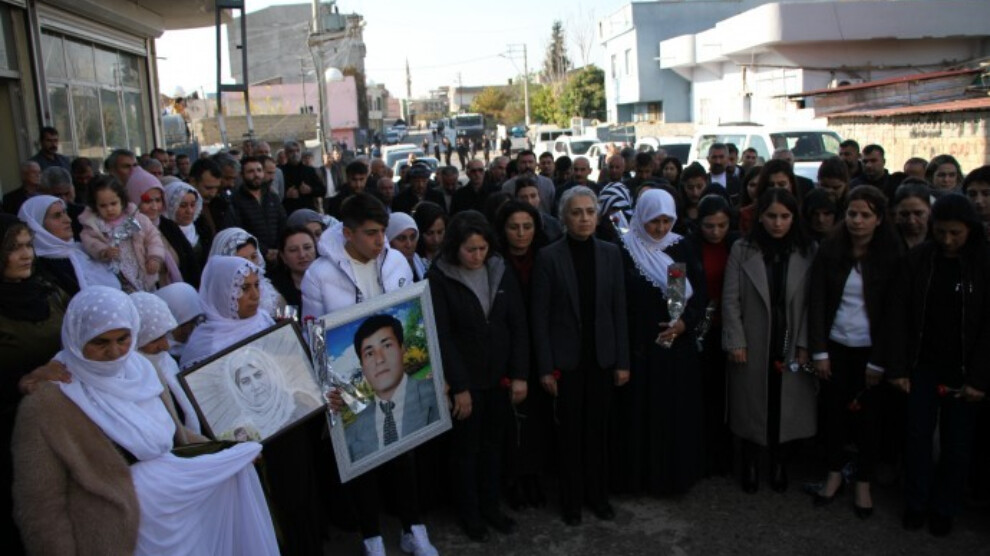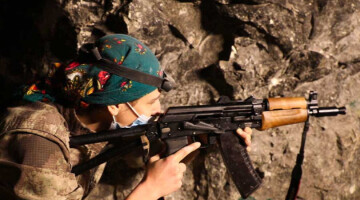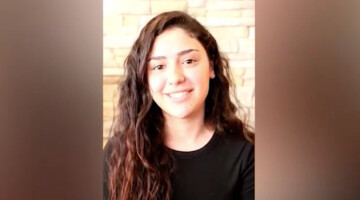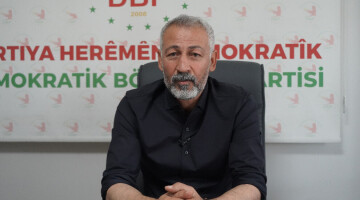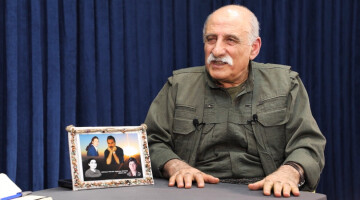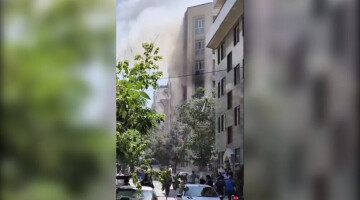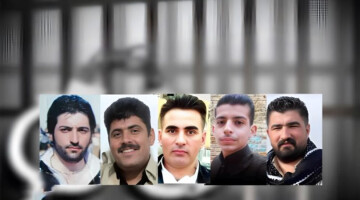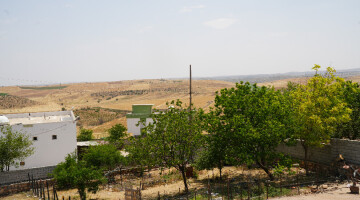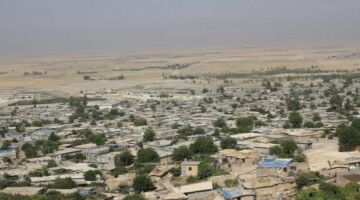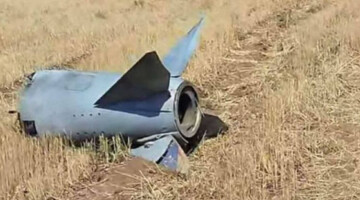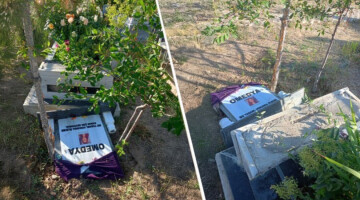A commemoration was organised on the eighth anniversary of the murder of Taybet İnan during the curfew in Silopi district of Şirnak on 19 December, 2015. The 57-year-old woman, who was called "Mother Taybet" during her lifetime, was shot dead by the Turkish army in the street during the curfew declared on 14 December 2015 in the district. Inan's death was particularly dramatic because the body of the mother of eleven could not be recovered for seven days. The Turkish security forces shot at anything that moved. Her brother-in-law, Yusuf Inan, was also shot dead while trying to evacuate Inan's dead body.
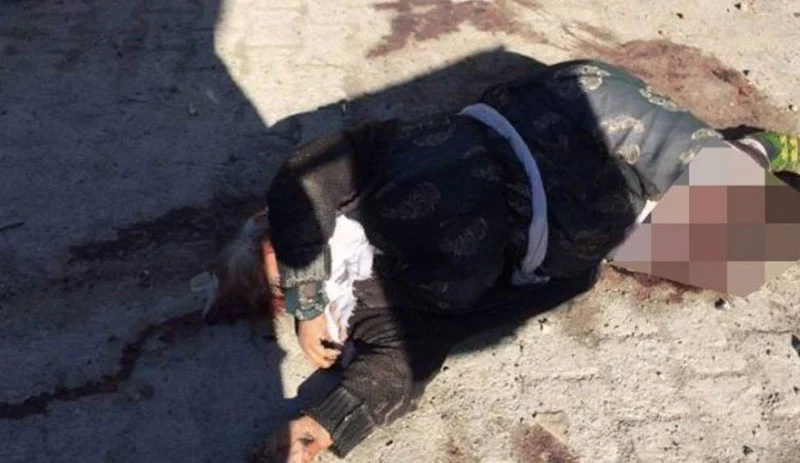
Inan's family, Democratic Regions Party (DBP) Co-Chair Çiğdem Kılıçgün Uçar, Peoples’ Party for Equality and Democracy (DEM Party) Şirnak MP Newroz Uysal Aslan, DBP Women's Assembly Spokesperson Berivan Bahçeci, DBP and DEM Party Şirnak provincial and district organisations, representatives of institutions and citizens attended the commemoration held on the street where she was murdered. The participants of the commemoration frequently chanted the slogans “Şehit namirin” (Martyrs are immortal)" and "Mother Taybet is immortal".

DBP Co-Chair Çiğdem Kılıçgün Uçar reminded that the date Taybet İnan was murdered was also the anniversary of the Maraş Massacre and the massacre in prisons on 19 December. Uçar said, "We would have liked to give this carnation to our mother by kissing her hand, but the current government and 100 years of state mind have made it compulsory to leave a carnation where our mother was murdered, not to kiss her hand."
'The Kurdish people you have denied are everywhere'
Stating that there was no place for Kurds in the 100-year history of the Republic, Uçar said that Kurds' struggle for their mother tongue and identity was denied.

Speaking about the criminalisation of the Kurds' struggle for equality and freedom, Uçar said, "A plan was revealed on 30 October 2015. The name of this plan, which was reflected to the public as 'MGK decisions' and was called the ‘decomposition plan', is the death plan. While the solution process was continuing, while the Kurdish people strengthened their will for peace in the face of 100 years of denial, the state announced the halt of the process. The Kurdish people, whom you have denied, whose language and identity you have ignored, are everywhere today. They have not abandoned their geography, language, culture, identity and struggle, just like Mother Taybet.”

‘A special operation by the state'
Recalling the course of events during the curfews, Uçar said, "What we experienced on 19 December was a state operation. It was a special operation carried out by the state against Kurdistan. The state and the government should look here. Mother Taybet's companions in struggle, the people of Silopi, the Kurdish people continue their struggle. The companions of Taybet, whom you murdered, are holding Justice Vigil in Turkey and Kurdistan for the solution of the Kurdish question, which you say does not exist. In other words, they are saying; 'We have thousands of Mother Taybet'."
Visit to the families of victims
After the speech, carnations were left at the place where Mother Taybet was murdered. The delegation then visited the families of 82-year-old Hasan Sanır and Yusuf İnan, who were killed during the curfews. The delegation then marched to the house of Pakize Nayır, a Kurdish politician who was murdered during the same period. The crowd marched to the house of Nayır's family, chanting "Martyrs are immortal”. After the visit, the delegation went to DBP Silopi district branch office.

Months of military siege in Northern Kurdistan cities
One month after the parliamentary elections in June 2015, President Recep Tayyip Erdoğan announced the end of the peace process between the Turkish government and the PKK. The AKP promptly returned to the strategy of state terror against the Kurdish population. This was followed by a military siege lasting several months in several cities and towns including Amed (Diyarbakir), Şırnak, Cizre, Silopi and Nusaybin, which claimed hundreds of lives. Even eight years later the exact number of the victims of state terror is still not clear.

